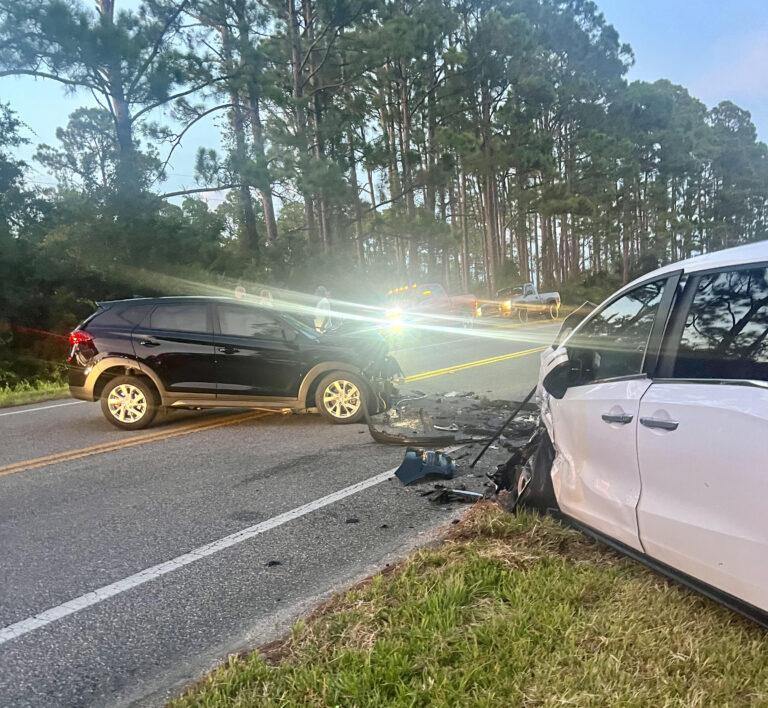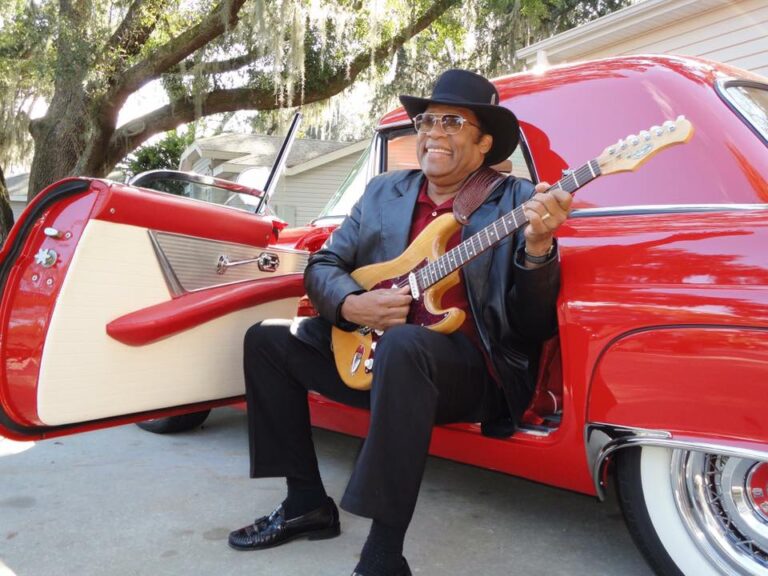Legacy Post Disclaimer
This is a #Legacy post imported from The Apalachicola Time’s previous platform. If you’re experiencing issues with this article, please email us at news@nevespublishing.com.
Apalach trash pick-up to move out of alleys
A proposal to move pickup of Apalachicola trash cans from alleys behind homes to the street in front drew a strong whiff of dissent at the city commission meeting last week.
After plenty of opposition from city residents, and strong support for the measure from City Manager Travis Wade, a divided city commission voted 3-2 on a motion by Adriane Elliott, and seconded by Donnas Duncan, to switch the pick-up sites.
Commissioners Anita Grove and Despina George voted no.
Wade emerged as a strong proponent of the move, arguing that garbage trucks having to deal with overgrown, sometimes flooded alleys was a hardship that led to damage to both trucks and infrastructure, as well as frequent delays in pickup.
“The alleys are in disrepair,” said Wade. “We have four garbage trucks going down dirt alleys which turn into mud alleys during spring and summer when it’s wet.
“Garbage trucks have to avoid mud holes in alleys,” he said. “Water meters get broken, sewer lines broken, storm drains cracked, storm boxes cracked, all the alleys get beat down. And all that water puddles and it floods their yards. One week we had three different garbage trucks that had to be pushed out of alleys by our tractors.”
He said one of the most frequent complaints he receives is that people’s garbage isn’t getting picked up.
“If a car, or a trailer is blocking the alley, the garbage truck driver doesn’t have time to call law enforcement, so they skip it and nobody gets garbage picked up that day,” Wade said. “If it is in the street, they go around it.
“A lot of the problem we have is that a lot of money is spent on (infrastructure) repair,” he said. “A lot of that will be straightened out by moving this to the streets.”
But several residents pushed back, arguing it would make more sense to address problems with the grade and shape of alleys, rather than get rid of a longstanding practice that makes it easier on the elderly.
“I’m very much against it,” said Bobby Miller, arguing the city hasn’t spent any money received from road taxes on paving in the last several years, with the exception of 24th Street which he said was a project shared with the county.
“That money can be used to repair alleys,” he said. “Our alleys have gone to disrepair. The city should look into repairing rather than abandoning them, when they’ll become overgrown and useless.
“We pay a lot of money for services, and we would expect these alleys to be kept up,” Miller said. “When you move garbage trucks to the street, you’ll have issues of safety, issues of garbage strewn down the street, and you’ll have damage to streets.”
He said he had compiled a short list of elderly residents in his neighborhood who would have a hard time bringing their trash cans in and out of the front of their property.
“I have to drag my trash cans through three gates to get the trash can up front,” he said. “It would be a bad move all the way around to make that move from alleys to streets.”
Miller said one answer would be to have the city’s infrastructure meet state standards, rather than being too near the surface and thuis subject to breakage by vehicles.
Wade said the problem runs deeper than that. “They’ve tried putting down oyster shells, but they just disappear. They go right down in the mud on top of the PVC and the weight of the truck on top of the shells causes damage, compounding problems in many cases,” he said.
Lee McLemore also voiced opposition, noting that “about a third (of the residents) doesn’t even live here. They leave on Sundays and don’t come back perhaps for weeks.”
He said the move to street fronts will add another burden to residents, and will result in damage to streets. “We’re stressed even on the roads in front of houses,” Wade said.
Michael Billings, also opposed, argued the city lacks the ability to enforce the process of returning trash cans to behind houses at the end of the pick-up day.
“It’s going to be tough, I don’t know how many code enforcement people it would take,” he said. “We could hire a whole other police force just to do that.”
Wade said he can’t recall ever getting a complaint regarding trash can pick-up in front of houses.
“On 14th Street, where trash is picked up on the street, it’s not full of trash. The streets are fine,” he said. “On the Hill there’s a lot of garbage (cans) picked up on the street. The garbage cans get pulled in, and they get pulled out.”
Wade said the city’s current trash contractor, WastePro, has made arrangements with some elderly or incapacitated residents to bring their garbage cans out to the truck, and return them. Mike Richards, owner of Waste One, which is expected to bid when a new request for proposals to be the city’s trash hauler is issued in the next couple weeks, said they too would be willing to carry out cans and return them to residents if that need arises.
He stressed, however, that overgrowth and low-lying limbs would have to be addressed if the city sticks with alley pick-up. “If we’re going to do alleyways, they’re going to have to be maintained and make it feasible to work in alleyways,” Richards said.
George asked whether wording of the proposed RFP could solicit bids for both street and alley pick-up, and Wade said that could be possible.
Both George and Grove pressed Wade for details on repair costs, incident reports, numbers of elderly affected, and other data. The city manager said he did not have the numbers at hand, and shared anecdotal evidence of problems.
“We don’t have data to make a decision on,” Grove said. “We just know that it’s a lot.”
She also asked that in the event garbage trucks are prevented from using the alleys, she would like to see an additional ordinance be drafted that would forbid concrete, lumber and other trucks from using them as well.
The city manager said moving garbage can pick-up out of the alleys will enable the city to better maintain those areas.
“We can work on the alleys and clean them out and repair them once garbage trucks are out,” Wade said. “We can work on the alleys in the winter; they’re slammed in the summer.”
Elliott voiced support for the measure, at least for the immediate future.
“We have inadequate infrastructure that’s constantly being degraded,” she said. “In order for us to address this we need to take trash pickup out of the alleys. I would like to see trash pickup go back to the alleys, but we’re not going to get there doing what we’re doing now.
“Let’s make sure we’re not wasting money on pointless repairs because we’re too stubborn to change what we’re doing,” Elliott said.
Wade, who said he wanted the issue resolved before the end of the year, said he is working out logistics with the current trash hauler and with the wording of the RFP.
“We’re shooting for (the change to take place in) mid-January at this point,” he said.





Meet the Editor
David Adlerstein, The Apalachicola Times’ digital editor, started with the news outlet in January 2002 as a reporter.
Prior to then, David Adlerstein began as a newspaperman with a small Boston weekly, after graduating magna cum laude from Brandeis University in Waltham, Massachusetts. He later edited the weekly Bellville Times, and as business reporter for the daily Marion Star, both not far from his hometown of Columbus, Ohio.
In 1995, he moved to South Florida, and worked as a business reporter and editor of Medical Business newspaper. In Jan. 2002, he began with the Apalachicola Times, first as reporter and later as editor, and in Oct. 2020, also began editing the Port St. Joe Star.